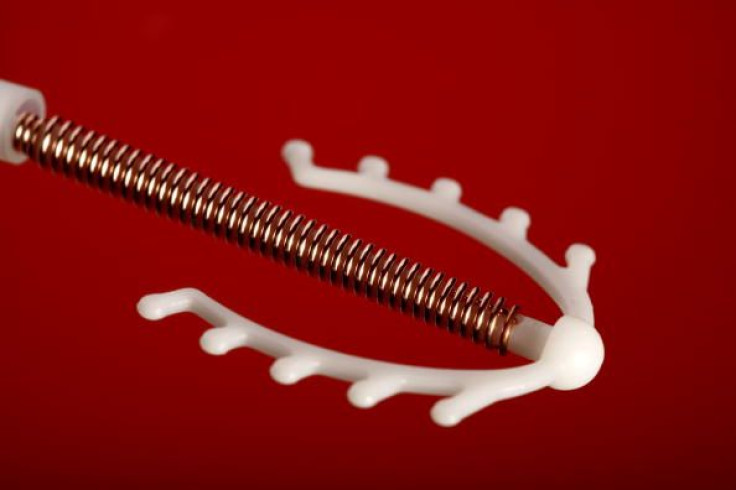What Is An IUD? The Pros and Cons Of Intrauterine Contraception

Never before have there been so many choices when it comes to birth control, but there's one option that is far less known than the others; an intrauterine device (IUD). Here’s everything you need to know about the IUD to help you better decide whether or not it is the best choice for you.
An IUD is a T-shaped pliable plastic rod with an attached thread that measures just over an inch long and is inserted into the uterus through the cervix. According to Planned Parenthood, they can either be hormonal or non-hormonal and work by changing the way sperm move so that they can’t get to an egg. Non-hormonal IUDs are made from copper, a natural spermicide, while hormonal IUDs can last for three to ten years, Women’s Health reported.
Pros
According to the Women’s Health Magazine, 99 percent of women who use an IUD report being satisfied due to the device’s low maintenance levels. In addition, IUDs are more than 99 percent effect at preventing pregnancy.
In addition, the device is also a very safe contraception option. For example, a 2013 study published in the journal Obstetrics & Gynecology determined that the IUD was a safe birth control method for women of any age, including teenagers. Less than one percent of users developed complications, and discontinuation rates were the same across all age groups, Women’s Health reported.
Women’s Health reported that the IUD is also relatively painless and inserting an IUD shouldn’t be any more uncomfortable than what you may feel during a Pap test, as opposed to a coil whose insertion can often come with extreme cramps.
Cons
While side effects from the IUD are rare, the devices have been known to make existing infections, such as chlamydia and gonorrhea, much worse, Women’s Health Mag reports. In addition, about one in 100 women report infections within the first 20 days of having an IUD inserted.
In addition, in rare cases, sometimes women who have never given birth before can expel the IUD. This is because the uteruses of women who have not given birth are less flexible and more likely to resist having something placed inside it.
The IUD has also been associated with cramping and heavy bleeding in some women, Women’s Health reported.
Read More:
Postpartum IUD Is Safe, Effective; Has Potential For Low-Cost Family Planning In Developing Countries: Read Here
NYC's Health Department Launches 'Maybe The IUD' Campaign To Help Women Choose The Best Birth Control: Read Here



























